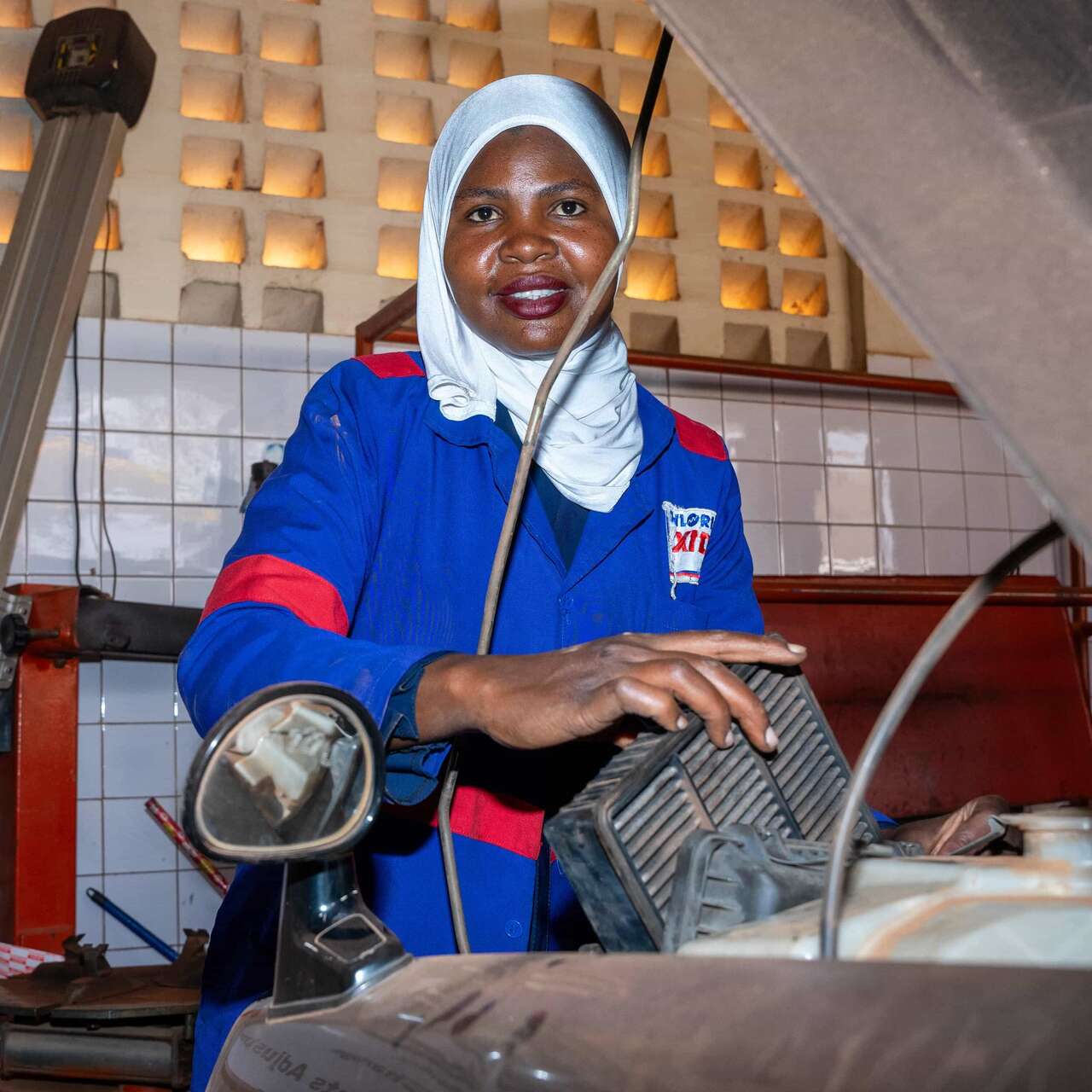Humanitarian crises across the globe are not just increasingly concentrated in a small number of states, they are also becoming more protracted. In light of this, it is vital that EU funding is able to both respond to people’s immediate needs, and set them up to thrive in the longer-term. There is growing recognition that the bifurcation of humanitarian and development finance is unhelpful in addressing contexts of protracted crises. When the right conditions are in place, humanitarian action can be harnessed to achieve long-term development impacts, paving the way for communities and households to build their resilience, meet basic needs, and thrive without reliance on external assistance. The EU's funding structures need to mirror this logic if the EU is to keep up with increasingly protracted crises, ensuring no one is left behind.
The 2019-2024 Commission inherited important EU commitments to better coordinate humanitarian and development actions with a view to addressing the root causes of vulnerability, fragility and conflict while simultaneously meeting humanitarian needs and strengthening resilience. The roll out of the Team Europe approach since 2019 has been promising in fostering better coordination between the EU and its member states, but collaboration between EU development and humanitarian action remains far too siloed. Financing that drives collaboration and plays to the complementary strengths of development and humanitarian actors engaged in building the long-term resilience of communities remains gravely lacking.
The EU must seize this opportunity to not only respond to people’s immediate needs, but to set them up to thrive in the longer-term. By transcending the traditional division between humanitarian and development finance, the EU can lead the way on harnessing the potential humanitarian action offers for long-term development impact, charting a course for communities and households to build their resilience and to eventually thrive without external assistance.
There are three immediate commitments the next Commission should take to address this:
An ambitious, shared financing mechanism would leverage both ECHO’s expertise in delivering in fragile contexts, and INTPA and NEAR’s strengths in catalysing longer term sustainable development outcomes.
- Ensure that this mechanism becomes a vehicle to support locally-led NGOs and build expanded partnerships for delivery and long-term impact. This would drive greater reach, scale and impact of programmes in conflict-affected states and support the continuation of essential service delivery in different sectors, while building the capacity of governments to assume responsibility for service delivery in the long-run.
The establishment of the Programmatic Partnership under the 2019-2024 Commission is a very welcome step towards an alternative to the standard, annual funding model that is better adapted to the realities of protracted crises. The flexible and multi-year approach frees up partners to design and adapt programmes which enable emergency support to lay the foundations for longer-term development outcomes.
- Seize opportunities that have been missed through the lack of a multi-country approach. Less than 10% of ECHO’s funding is delivered through Programmatic Partnerships, fewer than 2% of contracts are truly multi-year, and less than half are signed with civil society organisations. The EU should increase these percentages significantly, in order to fully reap the benefits this vehicle offers, and ensure Programmatic Partnership contracts prioritise large scale, multi-country initiatives that have the potential for meaningful long-term impact. Multi-country approaches can greatly contribute to improved efficiency and help countries share lessons across borders, and - where relevant – allow for an issue to be effectively tackled on a regional basis. Multi-country approaches can also be particularly important where countries are small or geographically isolated.
Meet the 30% increase of multi-year funding agreed in ECHO’s Quality Funding Caucus which is designed to unlock more and better funding in the humanitarian system, and hold UN partners accountable for delivering on their own commitments. The commitments made by ECHO in the Quality Funding Caucus are important but just a first step.
- Allocate multiyear funding as ECHO’s default option and demand that UN partners also cascade funding in multiyear tranches, as agreed. This is a key area of opportunity for the new Commission to make the most effective and efficient use of scarce resources to meet client needs.
Whilst enhancing collaboration and coherence in external action is essential, the development and humanitarian wings of the house must remain separate and not merged with other DGs. In ECHO, the EU has set a gold standard in humanitarian action. Its independence, rooted in humanitarian principles, is a fundamental pre-requisite for the EU to continue to drive global humanitarian leadership. On its end, INTPA plays a critical role in contributing to sustainable development and eradicating poverty and must remain separate.
